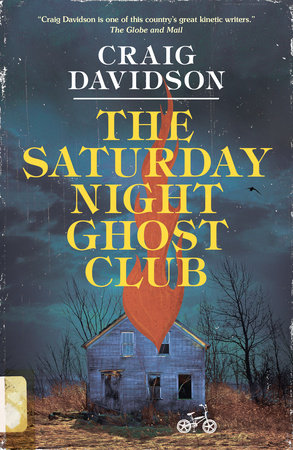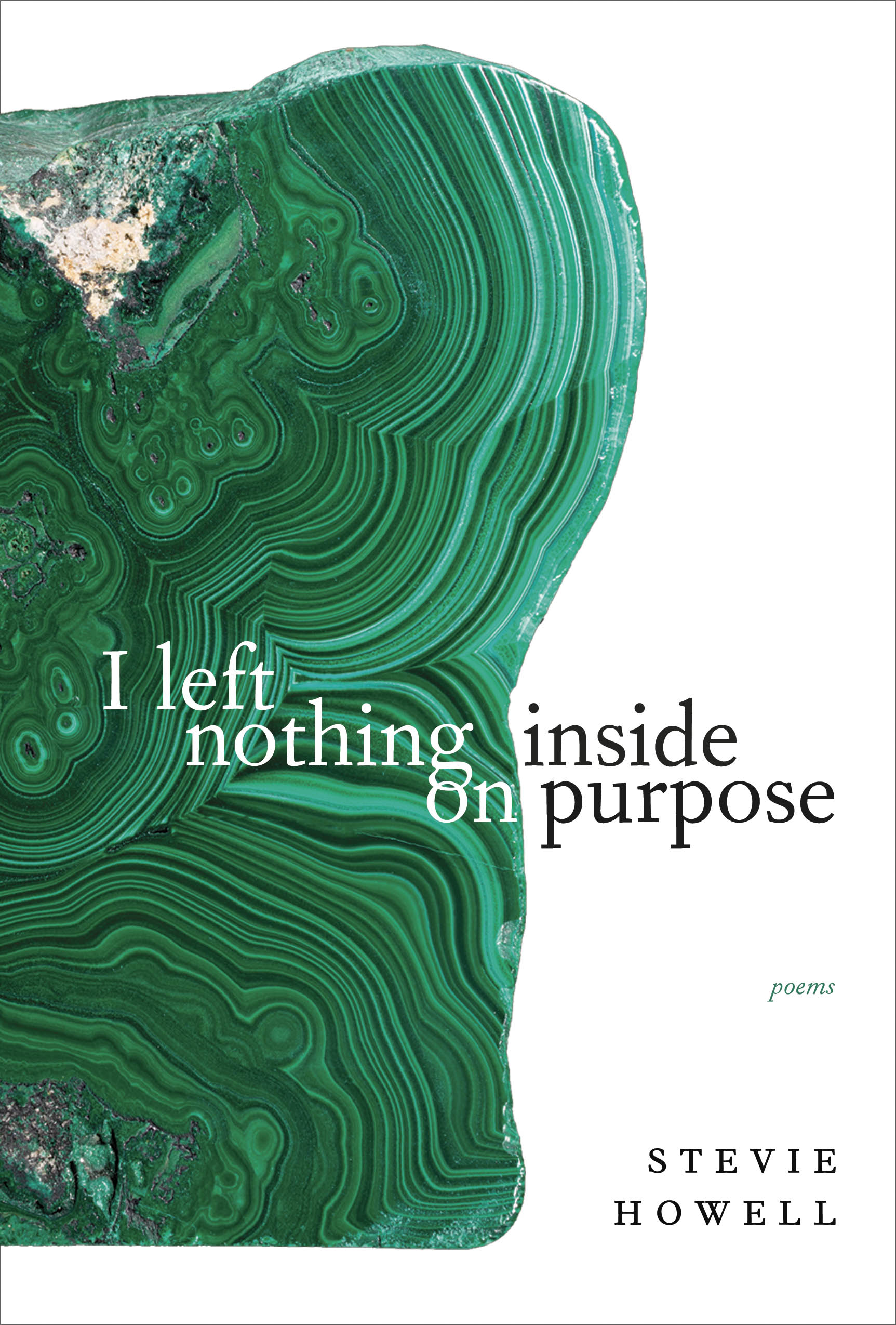Book review: "The Saturday Night Ghost Club" by Craig Davidson

I requested “The Saturday Night Ghost Club” for review from Penguin Random House Canada. I never read anything by this author, and I was interested in exploring more of Canadian literature.
Synopsis
When neurosurgeon Jake Breaker operates, he knows he's handling more than a patient's delicate brain tissue--he's altering their seat of consciousness, their golden vault of memory. And memory, Jake knows well, can be a tricky thing.
When growing up in 1980s Niagara Falls, a.k.a. Cataract City--a seedy but magical, slightly haunted place--one of Jake's closest confidantes was his uncle Calvin, a sweet but eccentric misfit enamored of occult artefacts and outlandish conspiracy theories. The summer Jake turned twelve, Calvin invited him to join the "Saturday Night Ghost Club"--a seemingly light-hearted project to investigate some of Cataract City's more macabre urban myths. Over the course of that life-altering summer, Jake not only fell in love and began to imagine his future, he slowly, painfully came to realize that his uncle's preoccupation with chilling legends sprang from something buried so deep in his past that Calvin himself was unaware of it.
Review
I rarely pick up books the moment I receive them, but something about “The Saturday Night Ghost Club” pulled me to it. I went into the book almost blind, knowing only that it was set in the 80s, in Niagara Falls Ontario, and that the author was Canadian.
I remember reading the first page of “The Saturday Night Ghost Club”, and then another one, and another one. Twenty pages into the book and I already knew that I was going to love it. Fifty pages in - I knew that I was going to give this book a high rating. Halfway into the book - I was requesting more books by Craig Davidson from the library.
“The Saturday Night Ghost Club” is a literary novel, but it blends scientific facts with memoir like reminiscences of the main protagonist’s, Jake, in such an effortless way, that at times, I had to remind myself that there is no real neurosurgeon by the name of Jake Breaker working at St. Michael’s Hospital, right across the street from me.
Craig Davidson’s writing feels effortless, lightweight, even when he talks about haunting memories, prescription pills, and brain tumours. “The Saturday Night Ghost Club”, however, is not all about science. It is, in fact, a heartfelt and nostalgic recounter of childhood memories. Jake, the neurosurgeon, exists in the periphery of the book, popping in only to make a reference to something that would make sense only at the very end of the book. Most of the time, it is Jake, the twelve-year-old boy, who is the main protagonist of the story.
Even though I love literary fiction, I often struggle with contemporary or historical fiction, when I feel that I have no connection with places or events. With “The Saturday Night Ghost Club” I had no problems fully emerging myself into the story. Every location and every memory felt tangible, covered in cobwebs and dust, but still vivid.
I loved everything about the story and the plot. I did, however, guess where it was heading when I was about one third into the book, but it did not diminish the pleasure of reading it. There is something to be said about small towns that manage to both to make you nostalgic and send a chill down your spine. There were, definitely, moments in “The Saturday Night Ghost Club” when I felt disturbed by the turn of events, but mostly it was a rather fun read.
I can’t say whom I liked more in “The Saturday Night Ghost Club”. I loved Jack; I liked his friend Billy, his sister Dove; I liked his uncle Cal. I even liked that video store owner Lex. I did not like him at first, but later he grew on me. There are a lot of relationships in this book that seem easy at the first glimpse, but as the plot develops, you learn that everyone carries secrets, sometimes not even their own.
The ending of “The Saturday Night Ghost Club” was exactly like I expected it to be: heartfelt, bittersweet, and very real. I wish it could have been less real so that I could pretend that it is a happy ending. In a way, it was a happy ending. But at the same time, it was not. What made it so heartbreaking for me was not even what actually happened, but how everyone came together to deal with it.
I can’t recommend this book highly enough. “The Saturday Night Ghost Club” is a masterfully crafted novel with enough twists and thrown in scientific facts about brains to keep you on your toes till the very last page. I can not wait to read more works by Craig Davidson. “The Saturday Night Ghost Club” is going to be one of my favourite reads of 2018.
Rating: 4.5 stars
More of my book reviews


